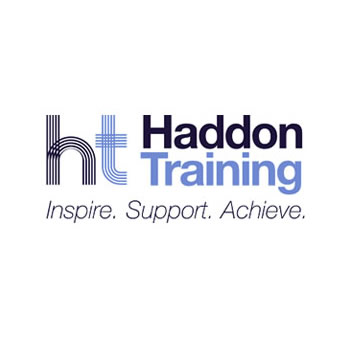
Get yourself the the Apprentice Autocare talent pool for September 2025!
Withheld
*THIS IS NOT A JOB VACACNY OR YOUR APPLICATION TO EXETER COLLEGE APPRENTICESHIPS*By applying here you are registering your interest in the Autocare Apprenticeship with Exeter College. From this you are put in a talent pool and sent marketing materials. Please read the top tips section for info on how you can seek employment in Automotive.
Intermediate Level 2 Apprenticeship
Posted 321 days ago 21 days until closing

.png.thumb.jpg)